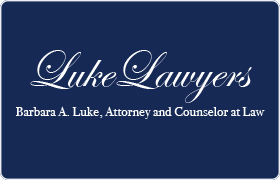Ostrander Divorce & Family Law Lawyer, Ohio
Sponsored Law Firm
-
 x
x

Click For More Info:
-
Luke Lawyers
122 1/2 West Fifth Street Marysville, Ohio 43040» view mapDivorce & Family Law Welcoming you with a Smile and a Handshake
We look for more than just a legal strategy; we look at the whole picture and come up with a solution that works for your life and for your family.
800-908-7170
Thomas C. ("Casey") Clark
Administrative Law, Adoption, Alimony & Spousal Support, Dispute Resolution
Status: In Good Standing
Thomas C. Clark
Administrative Law, Adoption, Alimony & Spousal Support, Dispute Resolution
Status: In Good Standing
Keith A. Boger
Dispute Resolution, Alimony & Spousal Support, Adoption, Administrative Law
Status: In Good Standing
Elisabeth C. Duesler
Medicare & Medicaid, Wills & Probate, Estate Planning, Family Law
Status: In Good Standing
Luther Mills
Criminal, DUI-DWI, Divorce & Family Law, Family Law
FREE CONSULTATION
CONTACTJeffrey Allen Burkam
Federal Appellate Practice, Family Law, Criminal, Personal Injury, Estate Planning
Status: In Good Standing Licensed: 46 Years
 Barbara Luke Marysville, OH
Barbara Luke Marysville, OH AboutLuke Lawyers
AboutLuke Lawyers Practice AreasSpecializations
Practice AreasSpecializations
